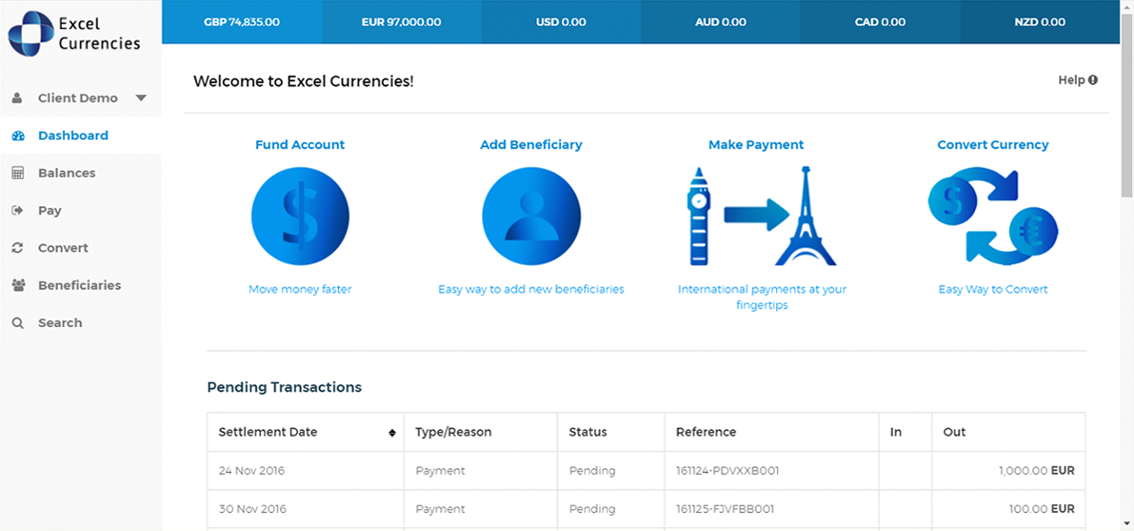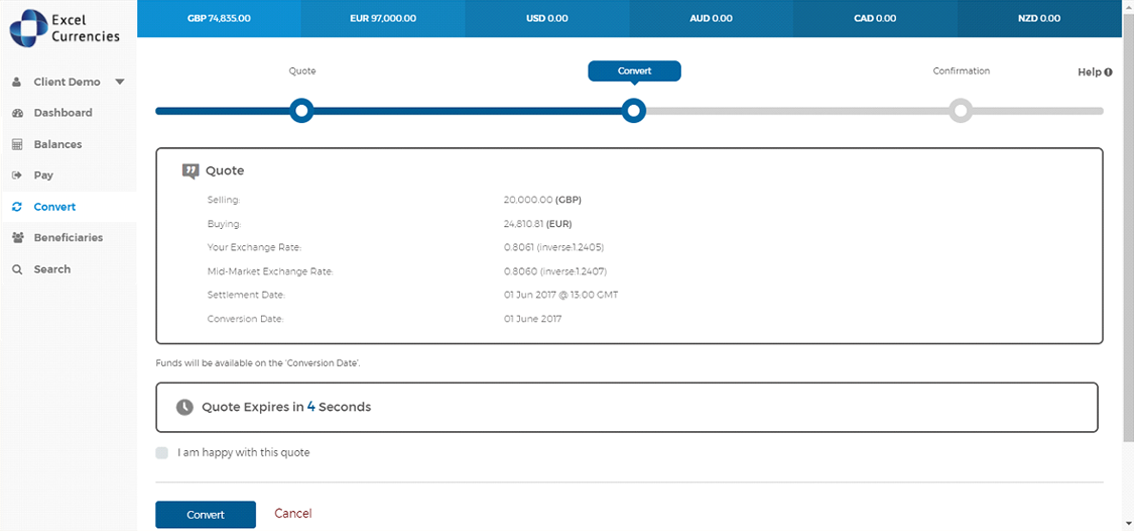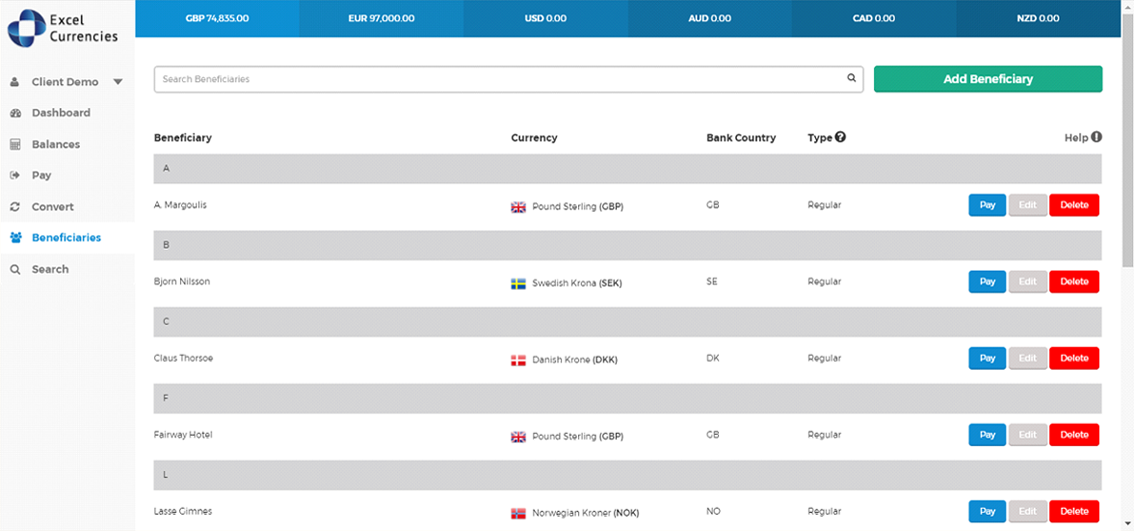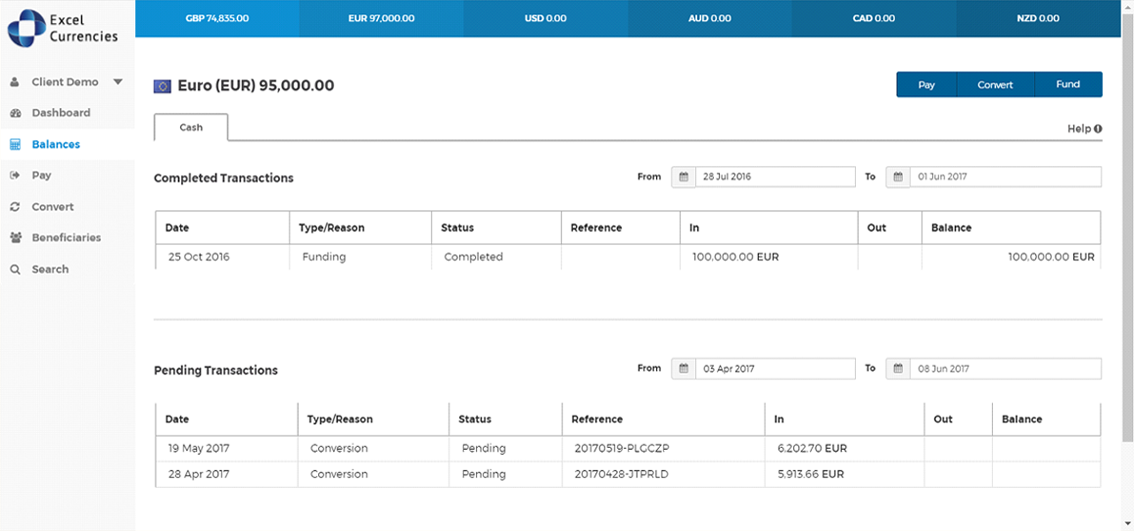A multitude of factors contribute to the constantly
changing exchange rates. Of them, geopolitical risks are
particularly powerful inducers that can cause notable shifts in the value of
currencies.
In this blog, we will explore the complex relationship
between geopolitical events and foreign exchange markets, focusing on the ways
in which trade disputes, political instability, and conflicts can affect
exchange rates.
The introduction of uncertainty is the main
mechanism by which geopolitical events impact currency swings. Market
volatility then rises because of this uncertainty.
While managing geopolitical risks, one must not only respond to these developments, but also plan ahead, position oneself strategically, and take advantage of instability.
What are geopolitical events?

Geopolitical events are occurrences that impact the political
and economic relationships between countries on a global scale. These
events often influence international relations, trade, security, and economic
stability.
Examples of geopolitical events include wars, conflicts,
diplomatic negotiations, trade agreements and economic sanctions.
For instance, the Brexit referendum, where the United
Kingdom decided to leave the European Union, is a geopolitical event that had significant
implications for trade, migration, and political alliances.
Similarly, the ongoing tensions between the United States
and China over trade policies and technological dominance represent
geopolitical events with widespread ramifications.
These events can lead to shifts in alliances, changes in economic policies, and fluctuations in global markets. They are closely monitored by governments, businesses, and investors as they can create both opportunities and risks.
How geopolitical events increase FX risk?
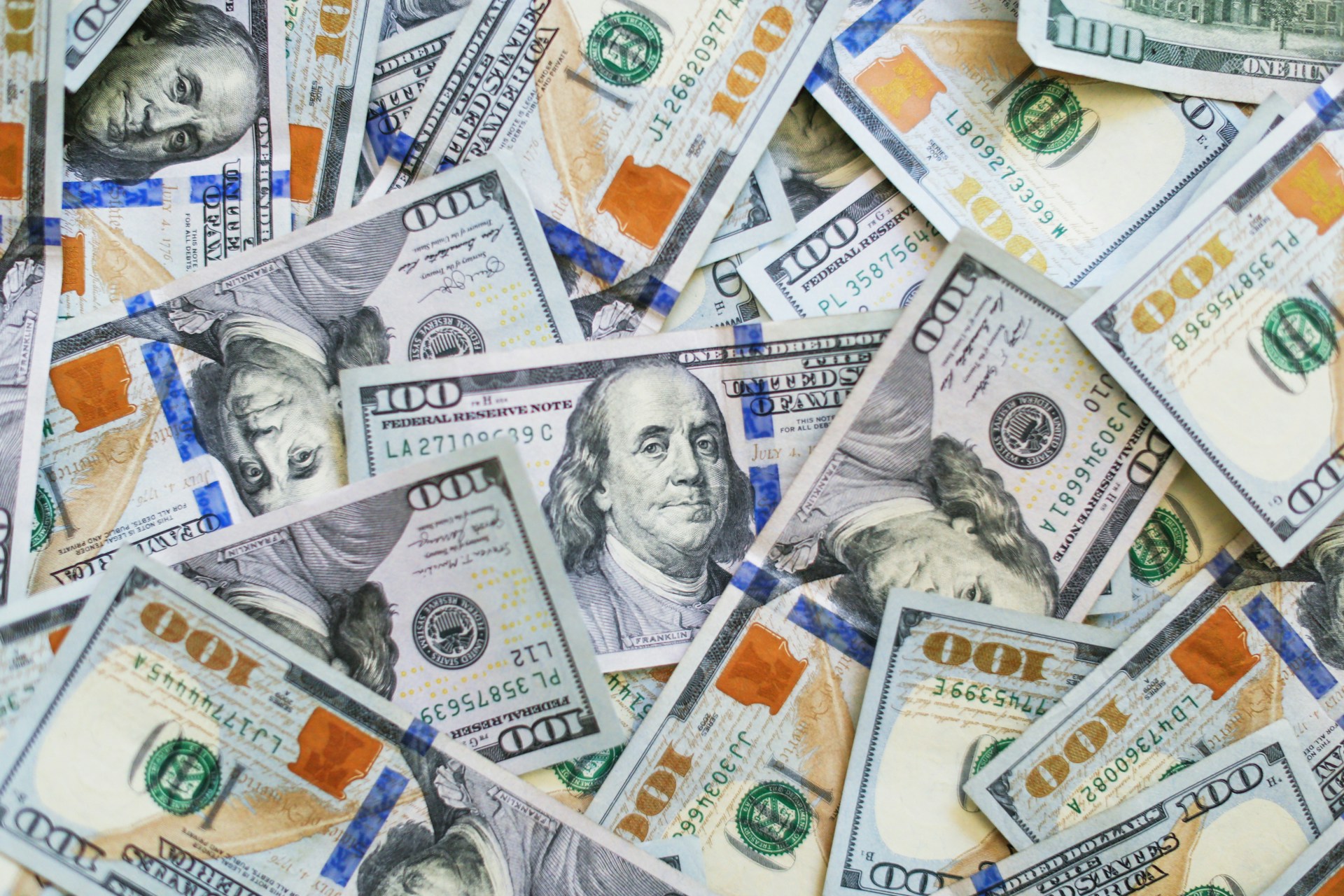
Geopolitical uncertainties influence currency volatility
that frequently ripples through several currency pairs. Predicting these
events’ effects on the currency market gets much more complicated because they
can have simultaneous effects on several countries.
The way traders respond to an incident that affects one
currency might affect others as well. For instance, increased trepidation among
traders in well-known currencies like the USD and EUR may persuade dealers to
shift their holdings to safe-haven currencies like the Swiss franc or
the Japanese yen.
Central banks hold enormous power in
creating currency pair volatility. Monetary policies can help stabilize or
destabilize a currency. For instance, during the covid pandemic, the US Federal
Reserve lowered borrowing costs for consumers and companies by setting the federal
funds rate to 0%, which devalued the USD.
By adjusting interest rates, buying, and selling their own
currency, issuing forward guidance, and implementing quantitative easing,
central banks aim to impact monetary policy.
Military conflicts or
political upheavals can disrupt economic stability, causing rapid
fluctuations in currency values. Investors tend to seek safe-haven
currencies, like the US dollar or Swiss franc, during such times, driving up
their value and leading to sharp declines in riskier currencies.
Trade disputes, such
as tariffs or sanctions, can hinder international trade flows, affecting the
balance of payments and currency stability. For example, the US-China
trade war led to significant volatility in the Chinese yuan and the US dollar,
as tariffs and retaliatory measures created economic uncertainty.
Political instability or
conflicts can trigger capital flight, where investors pull their assets out of
a country to avoid potential losses. This outflow of capital can devalue
a country’s currency, exacerbating FX risk.
During the Eurozone crisis, countries like Greece
and Italy experienced severe currency devaluation as investors sought safer
markets, leading to heightened FX risk for businesses and investors operating
in those regions.
Geopolitical events often influence central bank policies,
particularly interest rates, which directly affect currency values. For
example, in response to economic sanctions or trade disputes, central banks may
adjust interest rates to stabilize their economies.
Changes in interest rates can affect or deter foreign
investment, influencing currency demand and causing fluctuations in exchange
rates.
During geopolitical crises, investors flock to safe-haven
currencies, leading to their appreciation. For instance, during the 2016
Brexit referendum, the British pound experienced significant depreciation due
to political uncertainty, while the US dollar and Swiss franc gained value as
investors sought stability.
This fight to safety increases FX risk for
businesses with exposure to these currencies as sudden shifts can impact
profits and financial planning.
The bottom line
Undoubtedly, assessing FX risk in the face of geopolitical
events is crucial for businesses to maintain financial stability and protect
profit margins.
Rapid currency fluctuations can lead to unexpected costs
and revenue losses, making it essential for companies to closely monitor
geopolitical developments. By understanding and anticipating the potential
impacts of these events, businesses can implement effective risk management
strategies.

Excel Currencies
provides expert guidance and tools to help businesses reduce FX risk, ensuring
they remain resilient amidst geopolitical uncertainties. Contact us today to know
more.

 Twitter
Twitter Facebook
Facebook linkedin
linkedin Google
Google





